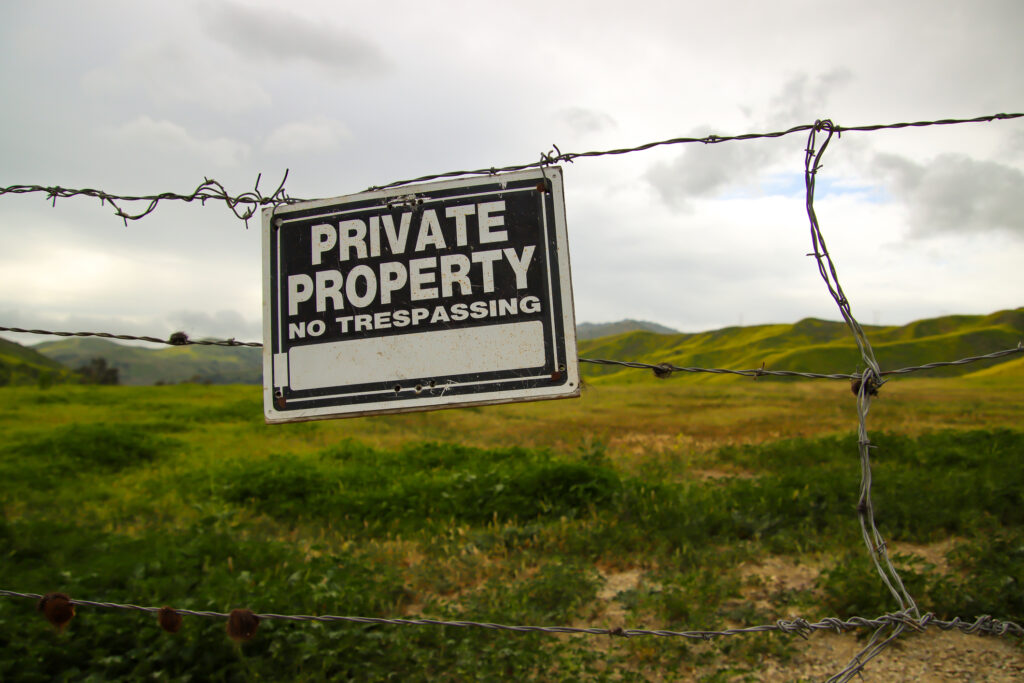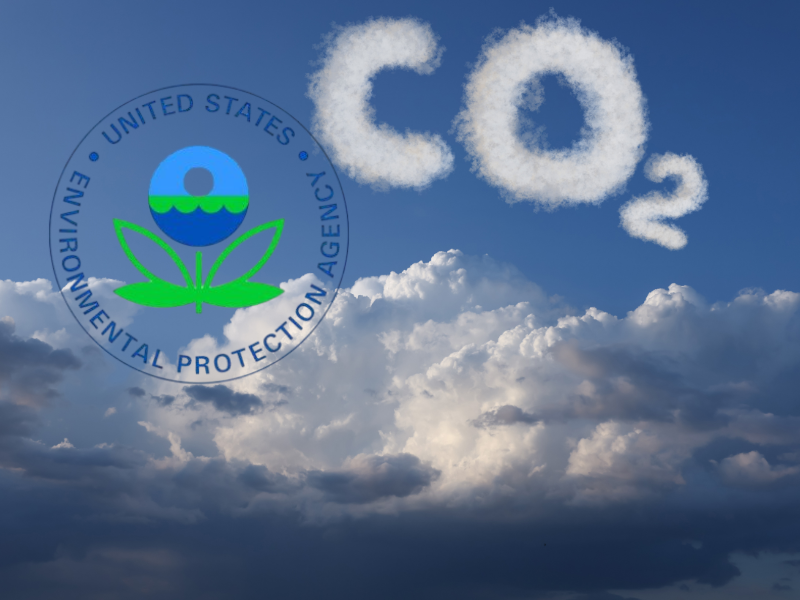The Founding Fathers ardently believed that the endurance of the American experiment depends on a well informed population. Thomas Jefferson candidly said, “An educated citizenry is a vital requisite for our survival as a free people.”
For the first century of the nation’s history, public and private schools were run at the local level, with ample parental involvement and minimal government oversight. During this period, the United States was a beacon for freedom – especially after the Civil War – eventually becoming the world leader in economic innovation and entrepreneurship.
The U.S. education system, which was unique in its decentralized and inclusive (for its time) nature, helped America leapfrog much older European nations, most of which continued to hold on to their hierarchical and centralized education approaches. By the end of World War I, in 1918, the United States was the world’s undisputed economic leader and a place to which millions flocked seeking opportunity and escaping tyranny.
Yet, during this period of expansion and innovation, a monumental shift began to take place in the U.S. education system: after decades of educators operating outside the reach of government bureaucrats, the wall that separated education and government came crashing down.
Beginning in the Progressive Era, education “reformers” embarked on their utopian (or dystopian, depending on your point of view) quest to mold future generations to be in line with their left-wing beliefs, especially the notion that government is a force for good and central planning performed by so-called “experts” is superior to a model that permits ordinary citizens to educate themselves make their own decisions. Progressive reformers such as John Dewey advocated increasing government’s role in education so they could steer society in the direction of greater government control in all aspects of life. Over time, their plan – sold to the public as essential for ensuring that everyone received a “high-quality” education – worked to near perfection.
During the decades that followed, the inherently corrupt relationship between government and schools grew immensely. The days in which parents and local governments determined the course of education polices have in many communities disappeared. Bureaucrats and lawmakers in state capitals and Washington, D.C. now issue edicts governing virtually everything, from what students eat for lunch to what they learn in history class.
For those who support individual liberty, the question inevitably arises: will government control of American schools result in the death of freedom and capitalism? Not necessarily. In recent years, as government has tightened its grip over education, a massive backlash movement, led by parents, has emerged that has challenged the role government should play in education.
This movement is partially the result of government overreach, but it’s also due in part to the government’s utter failure to provide children with a good education. Government schools are drowning in debt; test scores have flatlined (at best); and many public school teachers continue to demand even cushier benefits and pay, all while enjoying exceptional job security and benefits that rarely, if ever, can be found in the private sector.
Parents have finally had enough. In cities across the nation, parents are demanding greater school choice. Parents are insisting on increased access to private schools, charter schools, education savings accounts – anything other than failing government-run schools.
Sadly, government school advocates are now using personal attacks against parents who use education choice to send their children to other available education options. They now call them “selfish” and say they should leave their children in their local government-assigned school for the greater good of the community.
In a May 9 article in The Washington Post, former U.S. secretaries of education Arne Duncan and Margaret Spellings argued that education should be a nationalpolicy priority, not something left to local communities to decide on their own. In a Trojan horse manner, Duncan and Spellings advocated for more choice and “local innovation,” but they also say they want the federal government to hold schools accountable through “higher expectations,” “strong standards,” oversight, and incentives. Duncan and Spellings are disingenuous at best, because their plan to increase federal intrusion in education has been shown to be detrimental to the preservation of education and individual freedom.
So-called “federal accountability policies” and other mandates won’t solve America’s education crisis, but shifting control of the education system back to the levels closest to the student – parents and local governments – would usher in a whole new era of American innovation and prosperity.
Parents want the best education for their children, know how their children learn best, and nearly always have the best interest of their children in mind. While some bureaucrats express their desire to do what is best for children, they will never match the devotion parents have. With that in mind, it makes perfect sense for parents, not the government, to choose what type of education their children receive.
[Originally Published at American Thinker]



